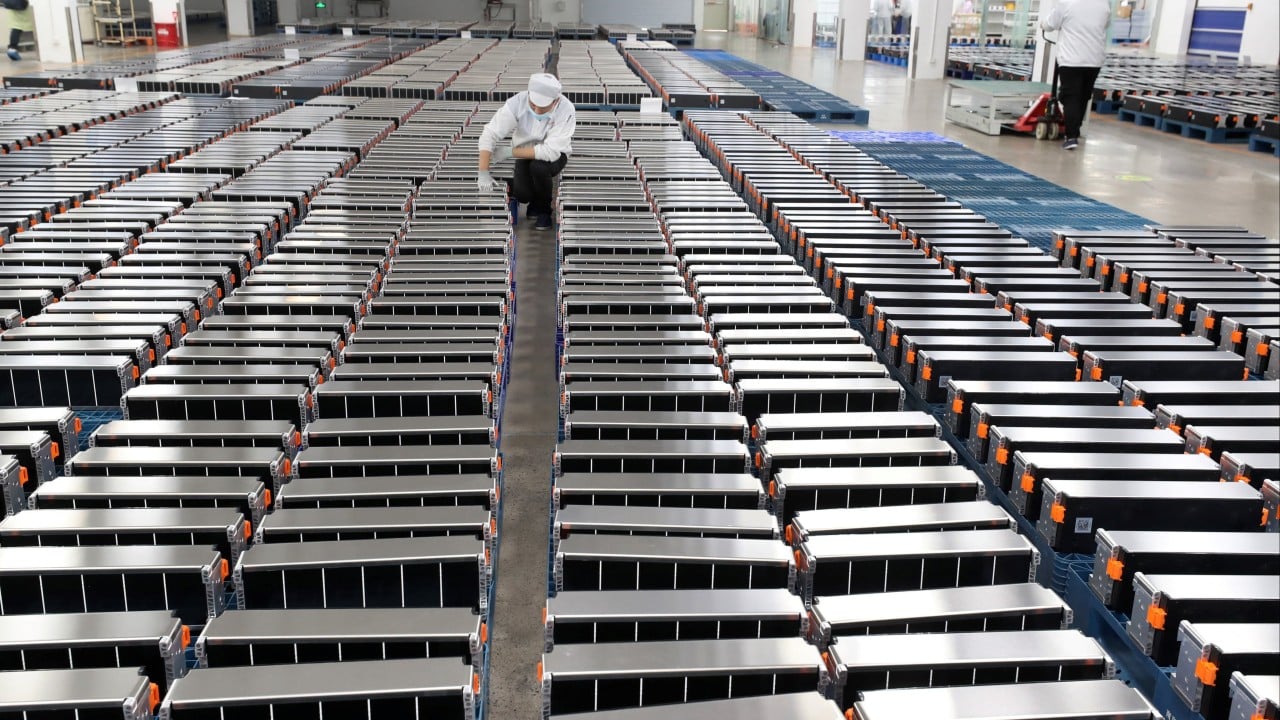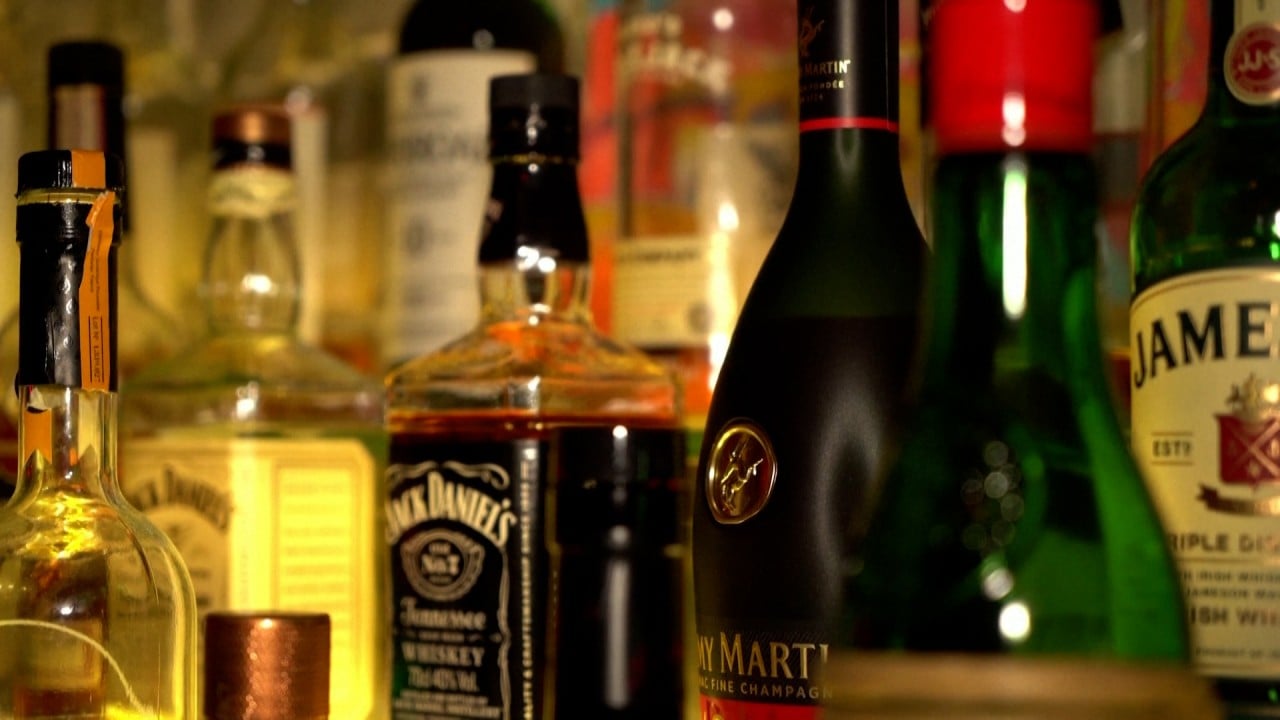The European Union will throw almost US$5 billion in grants at cleantech projects with the express aim of reducing its reliance on China, in the bloc’s latest move to de-risk economic ties with Beijing.
Advertisement
On Tuesday, the European Commission invited bids for projects in the electric vehicle battery, hydrogen and other cleantech sectors, promising €4.6 billion (US$4.8 billion) in grants.
In the battery sector, which is dominated globally by Chinese firms, the bids that pledged “less sourcing of cathodes and anodes and active material from China will lead to higher scores”, the document said. Grants of €1 billion are available for projects in this sector.
“The EU has a significant reliance on this source of supply, which leads to a risk of irreversible dependency that may threaten the EU’s security of supply. Thus, special measures on limiting sourcing from China are justified in this industry,” the commission’s proposal read.
A further €1.2 billion in grants are available for the production of green hydrogen in Europe, but projects must have a maximum 25 per cent of their electrolysis stacks sourced from China.
“The bidder must provide a self-declaration that the resilience requirements on limiting sourcing from China will be met, and explain how it will be done,” the hydrogen proposal said.
Advertisement
It further develops an announcement from September that Chinese electrolysers would be restricted in EU tendering processes because of “a significant risk of increased and irreversible dependency of the EU on imports of electrolysers originating in China, which may threaten the EU’s security of supply”.
It marks a departure from the norm in Brussels, where efforts to wind down reliance on China rarely name the country itself. This is usually to ensure compliance with World Trade Organization rules barring members from discriminating against companies based on their nationality.


